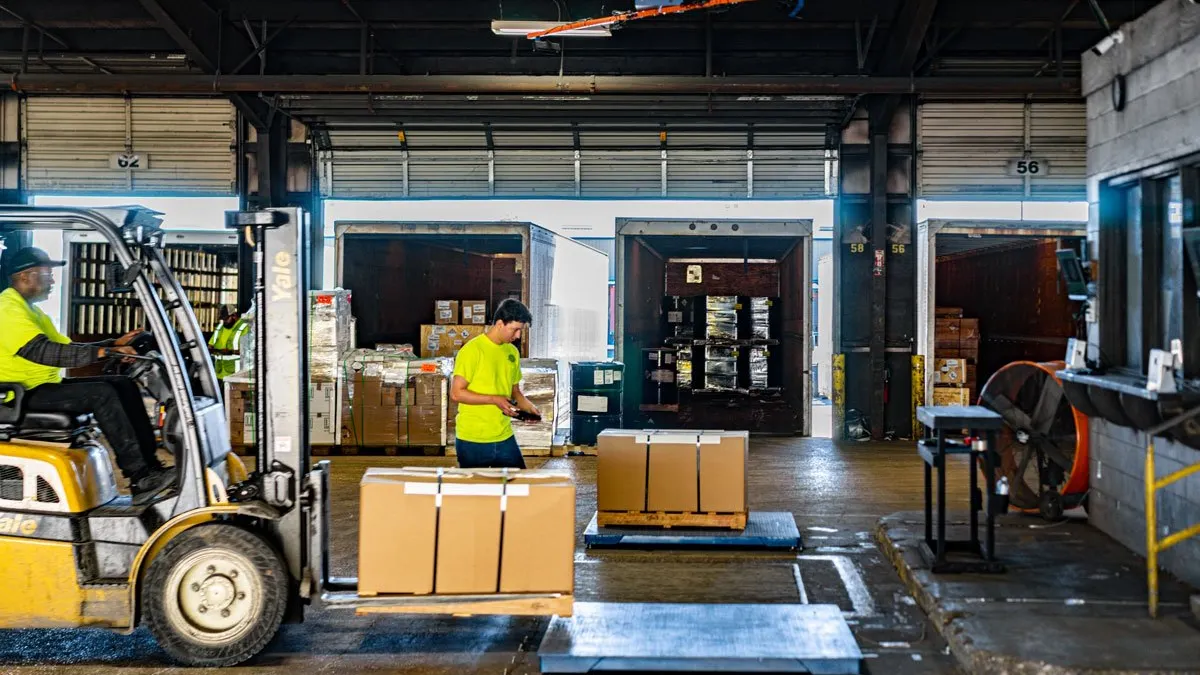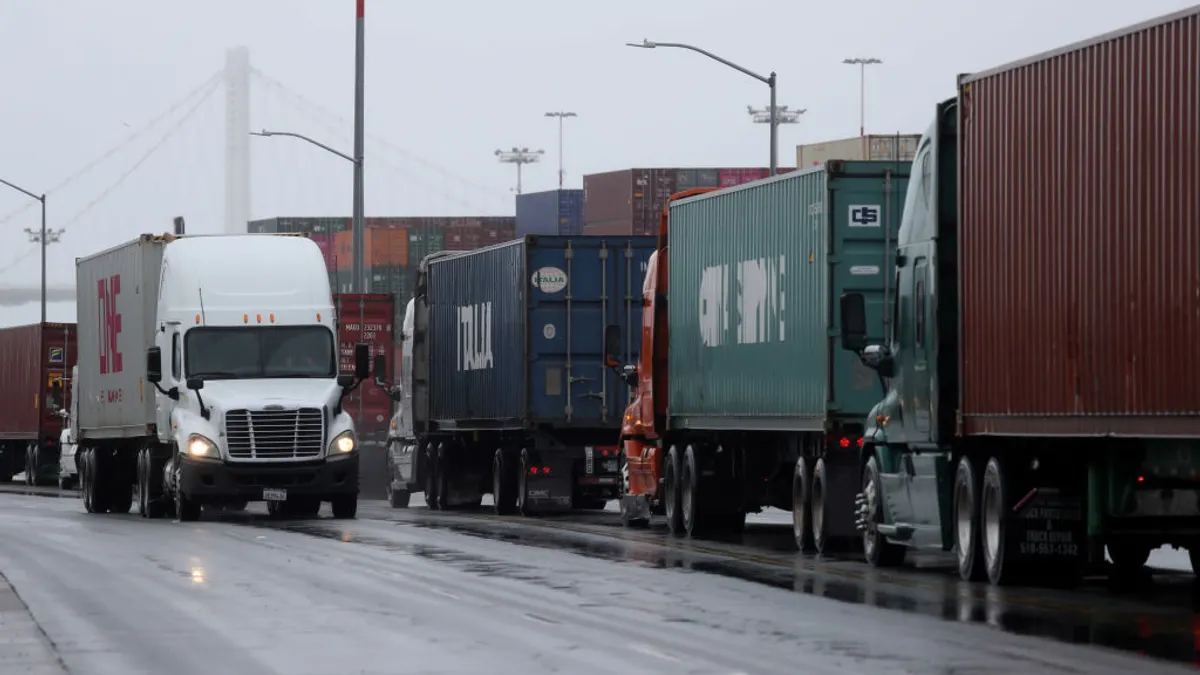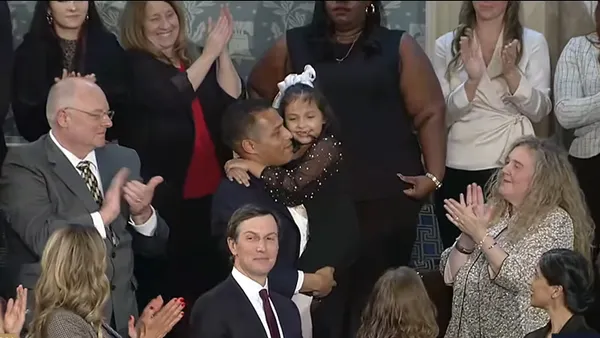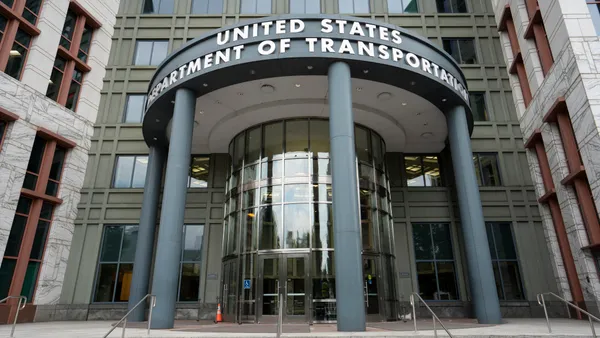With the National Motor Freight Traffic Association’s LTL classification changes now in place, transportation companies are coordinating closely with shippers to work out how to best simplify the process.
The National Motor Freight Classification changes, which took effect on July 19, were designed to simplify LTL pricing based on freight density.
Logistics providers Echo Global Logistics and Pitt Ohio Express took to the stage at the FTR Transportation Conference to share their perspectives on where the industry is now with the LTL overhaul.
Speakers said the main theme surrounding conversation between carriers, shippers, and third-party logistics providers is establishing the impact of the changes and how to address them.
“We did a lot of work to identify shippers that were going to be affected by this,” Marty Martin, SVP of LTL at Echo Global Logistics, said at the conference.
In the case of Echo Global, the Chicago-headquartered 3PL launched an email campaign to reach out to shippers on not only how the NMFC changes were going to impact them but “what type of changes they were going to have to make to their shipping behaviors as a result of these upcoming changes,” Martin said.
The shippers most shocked by the changes were companies mainly shipping under a single-class item. For the first time, these types of shippers had to think about what their dimension and density was, Martin added.
For Pitt Ohio, the company is considering the current freight market in its approach to implementing changes to its shippers’ cargo handling.
“Right now, I would say that we're more in the data collection stage,” Shawn Galloway, VP of pricing at Pitt Ohio, said at the conference. “And then our plan is to work with customers. Especially in the soft freight market, I don't think it's a good idea to just go out there and start hitting customers over the head with a stick and adjusting their charges.”
Galloway said the company is starting to examine internal data on how the NMFC changes affect customers. After identifying issues, the Pittsburgh-based transportation services provider will then talk with each customer to correct any information if needed to avoid extra fees that could come with the wrong classification.
“If the customer is still using an old NMFC number, an old class, it's up to us to catch that and then make the changes,” he said.
Shippers have also been acquiring more dimensioning technology to prepare for the NMFC changes. A. Duie Pyle and Southeastern Freight Lines told Trucking Dive in July that they’ve added more dimensioners to boost accuracy for the classification changes.
Echo Global reiterated that adaptive approach.
“We've seen more interest among shippers in acquiring dimensioning technology to put on their docks in the last nine months than I've seen in the last five years,” Martin said. “It's really accelerated. I wish I could own stock in a dimensioning company — because I think over the next few years, that's really going to explode.”
Despite the classification transformation, FedEx shippers have some time to get their affairs in order as the carrier has paused implementation of the LTL classification enforcement until Dec. 1.
Meanwhile, the NMFTA plans to release more NMFC changes Dec. 6. Earlier this month, the group requested feedback on a second docket of proposed changes to classification provisions and federal regulatory concerns. A public meeting on the updates will be held Sept. 29.













